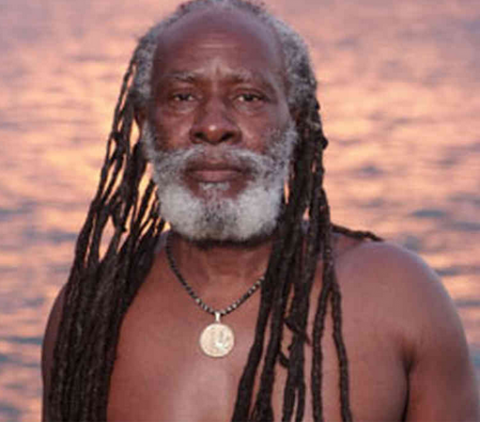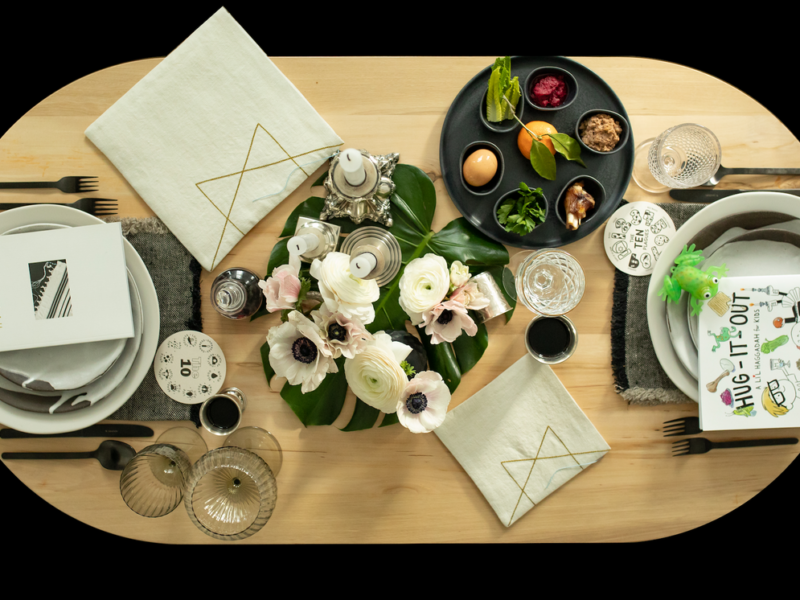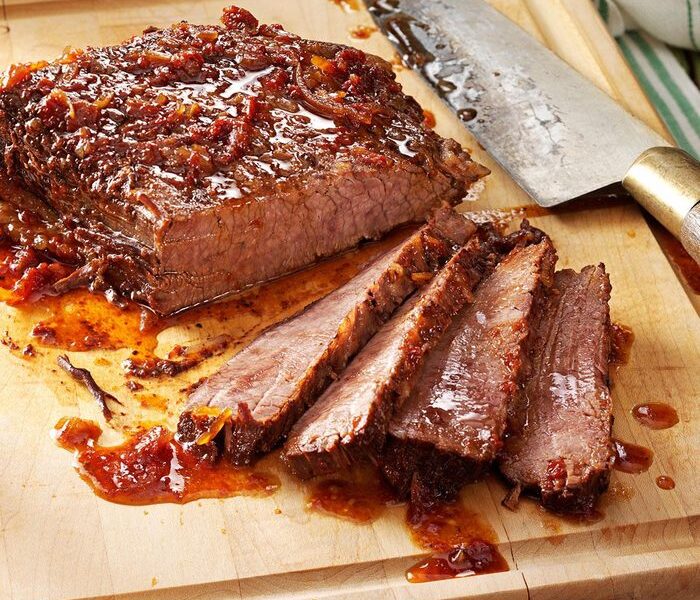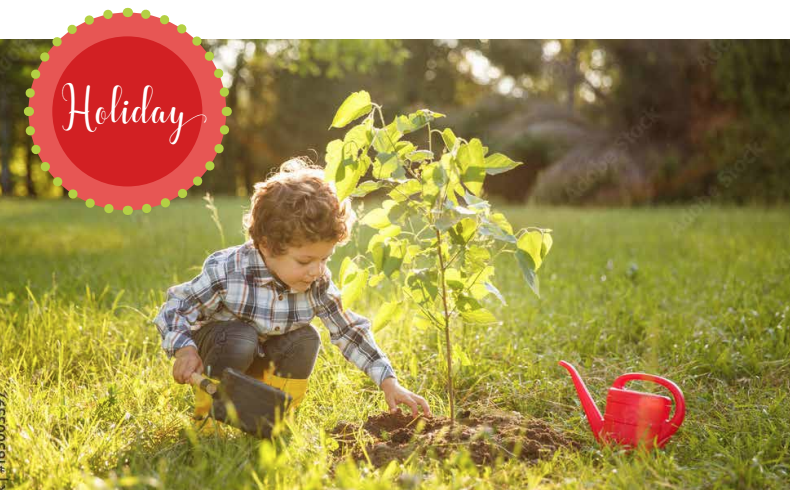
Like most Jewish holidays, Passover demands a certain degree of introspection. As Jews we are required not just to recall the slavery visited upon the ancient Israelites, we are commanded to imagine we have been personally delivered from slavery, and Dayenu, if that were not enough, we must also teach it to our children!
In 1975 Jamaican reggae sensation Burning Spear effectively distilled the festival of Passover to its essence when he posed the musical question, “Do you remember the days of slavery?” In the Torah, Moses instructs the Israelites to “Remember this day, on which you went free from Egypt, the house of bondage, how the Lord freed you from it with a mighty hand.” Exodus 13:3
For parents, the most important part of Passover can be found in Exodus 13:8. “And you shall tell it to your children, saying it is because of what the Lord did for me when I went free from Egypt.” By fulfilling this mitzvah of generational transmission, we become part of the unbroken chain of Jewish collective memory.
As we reflect upon the “peculiar institution” of slavery with our children, we must also ponder its persistence into modern times. We must acknowledge that even today, slavery exists. Slavery, whether an enslavement of the body or of the mind, is an affront to God. Talking with your kids about slavery is not an easy topic, and some younger children may find it upsetting. However, by suggesting ways in which even small children can work toward a more just world, we can demonstrate the awesome power of freedom.
There are many ways that we as Jews can work to combat the scourge of modern-day slavery. One way is with the power of our purchases. Many of us enjoy eating kosher for Passover chocolate during our seder or throughout the holiday. In a week with so many foods off the menu, chocolate treats help keep the little ones (and the not so little ones!) happy. Yet the CNN Freedom Project reports that nearly 40% of the world’s chocolate is derived from cocoa beans harvested in Ivory Coast, a nation where child labor, human trafficking and even child slavery is endemic. (The CNN Freedom Project is a humanitarian news media campaign dedicated to ending slavery.) In Ivory Coast and nations such as Ghana, Cameroon, Guinea and Nigeria, children as young as 5 years old toil in hazardous conditions we can barely begin to imagine, harvesting the cocoa beans that we consume in the form of chocolate. Separated from their parents, forced to use dangerous tools such as machetes and more often than not deprived of an education, these children sacrifice their childhood for our children’s treats. To add insult to injury, it is safe to say these children have never tasted chocolate!
By purchasing fair trade chocolate and other products, we can avoid contributing toward child exploitation and slavery. Fair trade products ensure higher pay, better benefits and decent working conditions for workers involved in their production, and they are slavery free. Additionally, the principles of fair trade happen to dovetail neatly with the values found in the Torah: “You shall not abuse a needy or destitute laborer, whether a fellow countryman or a stranger in one of the communities of your land. You must pay him his wages on the same day, before the sun sets, for he is needy and his life depends on it; else he will cry to the Lord against you and you will incur guilt.” Deuteronomy 24:14-15
While kosher fair trade chocolates are widely available, kosher for Pesach chocolate is much harder to come by. However, just before Passover last year, a company called Equal Exchange introduced chocolates that are not only kosher for Passover, but are also organic and gluten free! Equal Exchange is a fair trade, worker-owned co-op that sells fair trade products such as chocolates, cocoas and coffees. The co-op’s kosher for Passover chocolates are available in all Oregon New Seasons, Whole Foods and Food Front locations. They can also be found at Food Fight! and Portland’s Red and Black Café. If you order your chocolate directly from the Equal Exchange website: shop. equalexchange.com/pesach, a portion of the proceeds will go to Fair Trade Judaica and T’ruah. Fair Trade Judaica works to promote fair trade as a Jewish value. T’ruah is a Jewish group that supports human rights throughout the world. When you order chocolate, enter “American Jewish World Service ” in the name for denomination.
The symbolic foods and rituals of the seder help us to remember oppression in our own past. Promoting food justice at your seder teaches kids by example that oppression and exploitation anywhere can be challenged.
Numerous social justice-themed haggadot available for free download can help you further explore the concept with your children. The Uri L’Tzedekh (Orthodox Social Justice) Food and Justice Haggadah Supplement is an excellent resource for conducting a seder with an emphasis on social justice. It is available at utzedek.org. The Equal Exchange website also offers a free Haggadah supplement along with other information on the intersection of Jewish values and fair trade. The Jewish Council on Urban Affairs, a group that has worked for 50 years to fight racism, poverty and anti-Semitism, has assembled a social justice haggadot focusing on food justice and how it ties in to Jewish values. It is available at jcua.org. Or put together your own Haggadah by culling the best pages from multiple sources. Our family uses a “patchwork” Haggadah to great effect as we have made ours very child friendly.
Kids and parents can also fund-raise and volunteer their time for organizations dedicated to helping the victims of human trafficking, slavery and other forms of exploitation. Portland-based Mercy Corps is a global aid agency that provides assistance in regions experiencing natural disasters or other emergencies and in areas besieged by war. The group also works to rehabilitate children who have been swept up into local conflicts and forced to fight. Kendra Manton, the senior education and operations manager for the Mercy Corps Action Center, explains, “Mercy Corps works with youth who have been child soldiers. We have long-term programs in Colombia focused on getting youth back into society after their experiences in war as child soldiers.” Mercy Corps also works to fight Colombia’s child labor, which is a direct byproduct of years of conflict. These programs can be found at mercycorps.org/colombia. Kids can also participate in fundraising activities for Mercy Corps. Information on community fundraising and a “fundraising toolkit” can be found at mercycorps.org/fundraising. Children may wish to set aside a portion of their tzedakah each week toward helping children for whom freedom and security are scarce commodities.
The season of Pesach perhaps more than any other time of the Hebrew calendar calls us to pursue social justice (tze- dakah) and to engage in tikkun olam or repair of the world. It is also the perfect time to show children that they have the power to change the world. In the Haggadah we acknowledge that not all people are free. We pray that next year there will be no slavery, only freedom for all of humanity. When we put our prayers into action, we are one step closer to that vision of the future. So as we enjoy our bountiful seder, secure in our homes and surrounded by loved ones, let us be sure to teach our children by words and deeds the prophetic words found in our Torah, “Justice, justice shall you pursue. Let justice well up as waters, and righteousness as a mighty stream.” Deuteronomy 16:20





